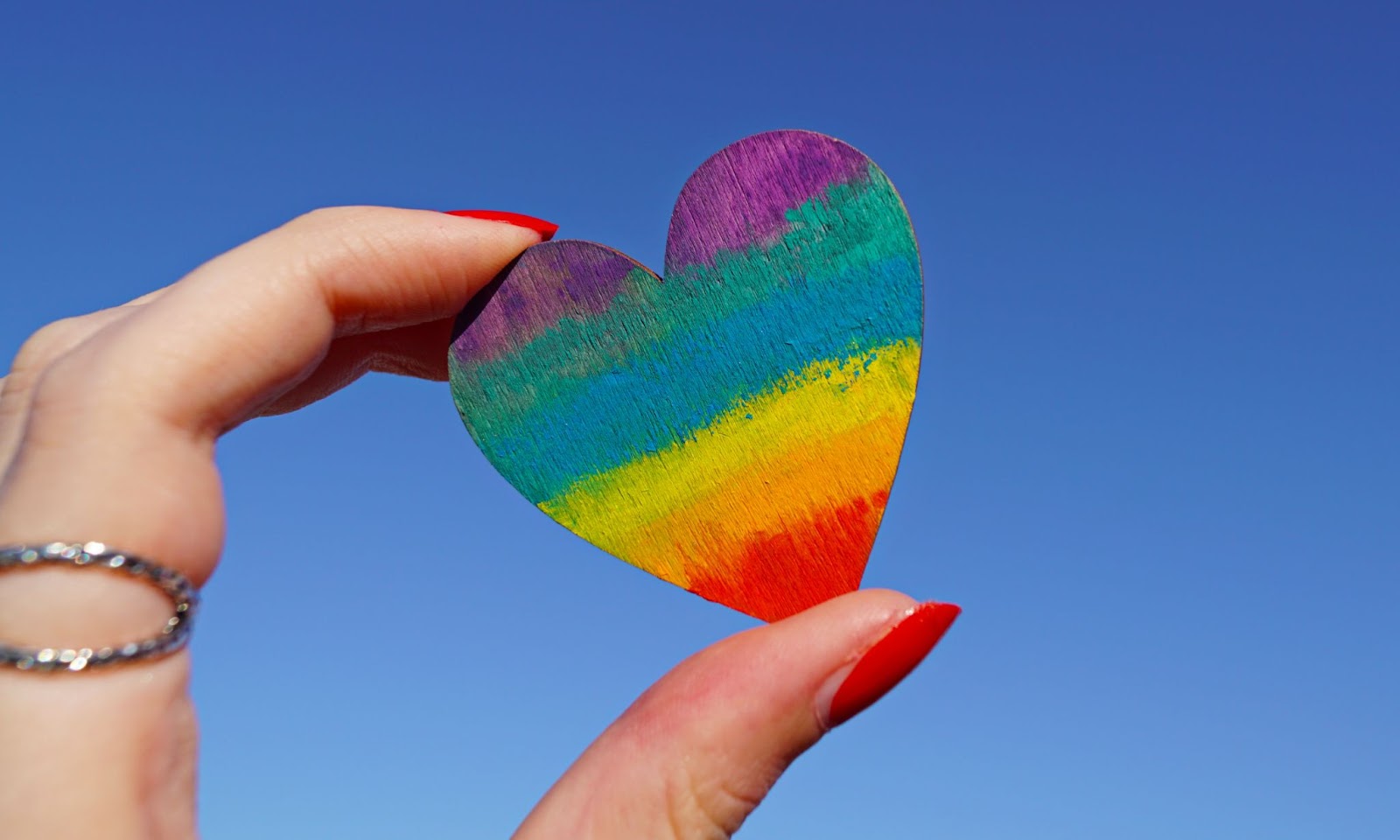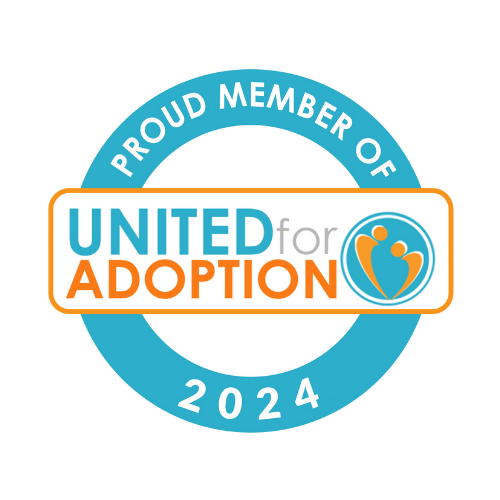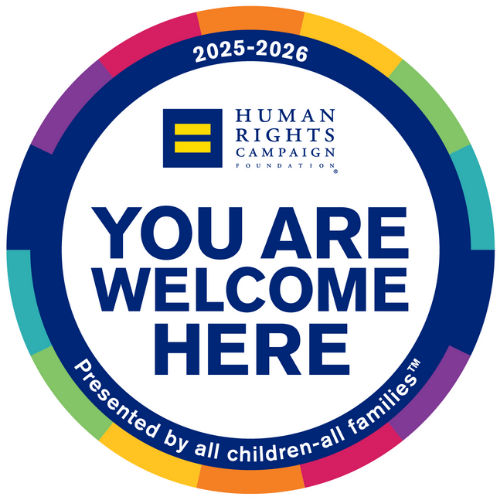National Coming Out Day, observed every October 11th, is a day dedicated to celebrating the courage and resilience of LGBTQ+ individuals as they embrace their true selves. It serves as a powerful reminder of the ongoing struggle for LGBTQ+ rights and acceptance. For LGBTQ+ youth in Foster care, it can be an especially significant occasion. Coming out is a deeply personal and often daunting journey, and for those in Foster care, it can be compounded by feelings of uncertainty, fear, and isolation. It is our opportunity to provide these youth with unwavering support and love.

Why is National Coming Out Day so Important?
Negative stereotypes and prejudices surrounding LGBTQ+ individuals still persist, and kids in foster care are not immune to them. National Coming Out Day challenges these stereotypes by showcasing diverse stories and experiences within the LGBTQ+ community. By highlighting the diversity and resilience of LGBTQ+ individuals, it encourages those in the foster care system to question their preconceptions and prejudices, promoting a more accepting and inclusive environment.
The act of coming out can be an incredibly daunting and anxiety-inducing experience, even for adults. For kids in foster care who may have experienced rejection or mistreatment due to their sexual orientation or gender identity in the past, this process can be even more intimidating. National Coming Out Day provides a designated time when they can share their truth, if they choose to do so, and feel more secure in the knowledge that there are people who will support and protect them. It creates a safer and more accepting environment within the foster care system. Foster parents, caregivers, and social workers must make it clear that they are allies and advocates for these young individuals.

How can we foster safe spaces?
- Educate yourself: Take the time to learn about LGBTQ+ issues, terminology, and experiences. Understanding is the first step toward providing meaningful support. Utah Foster Care training hosts several courses and podcast episodes for foster parents as they learn how to become better allies to youth in care. Foster parents can also leverage the resources available through LGBTQ+ support organizations, like the Human Rights Campaign (HRC). These organizations can offer guidance, support groups, and educational materials to help foster parents and caregivers provide more informed and empathetic support. You can also find support for yourself as a caregiver of an LGBTQ+ child through organizations like PFlag.
- Open Communication: Encourage open and honest communication. Let the youth know they can talk to you about their feelings and experiences without judgment. A good place to start is thanking your child for trusting you with this sensitive information and that it doesn’t change your love for them. Then just listen.
- Zero Tolerance for Discrimination: Make it clear that discrimination, harassment, and bullying will not be tolerated in your home or within the foster care system. Let your child hear you speak up when harmful stereotypes or bullying occur. Utah Foster Care created the Safe Home Pledge specifically for foster parents and others in the community who want to let those who come into your home know that it is a safe space.
- Affirmation and Validation: One of the most powerful ways to support Lgbtq+ youth is through affirmation and validation. Let them know that their identity is valid and that they are loved just the way they are. Use their chosen name and pronouns and show genuine interest in their experiences and feelings. Encourage LGBTQ+ youth kids to express themselves freely. Provide them with the space and resources to explore their identities, whether through clothing, hairstyles, or hobbies. This helps to build their self-esteem and confidence. Research is clear that family and peer acceptance are the number one protective factors against suicide.
- Strengthen Youth Support Networks: The support networks available to kids in foster care are vital for their well-being and development. These networks connect LGBTQ+ youth with supportive organizations, advocacy groups, and individuals who can provide guidance, mentorship, and emotional support. It helps these children find role models and allies who can positively influence their lives and help them navigate the complexities of their identities. At UFC, we have a support group specifically geared towards families supporting LGBTQ+ youth in care called FLY. For more information on joining this group, contact Adrienne Shearer at redshoelady@gmail.com.
National Coming Out Day is a reminder that the journey to self-acceptance and authenticity is ongoing for LGBTQ+ individuals. As responsible adults, it is our duty to create a safe, loving, and affirming environment so they can thrive. We can make a meaningful difference in the lives of LGBTQ+ youth in foster care. Let National Coming Out Day serve as a catalyst for change, a day when we renew our commitment to supporting and celebrating these brave and resilient youth as they navigate the path to self-discovery and acceptance. Together, we can make the foster care system a more inclusive and welcoming place for all.






